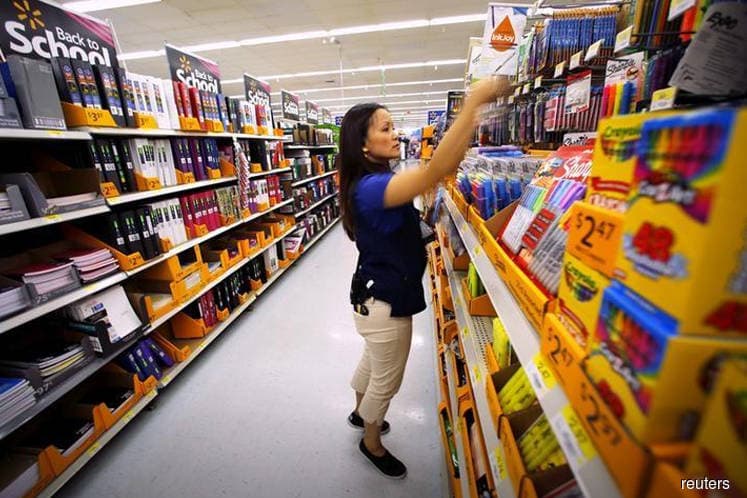
KUALA LUMPUR (Sept 5): The the world’s population is aging at unprecedented rates, and the number of people over 60 years of age will increase by 56%, from 900 million in 2015 to over 1.4 billion by 2030, according to business information and analytics firm GlobalData.
In its latest report titled “TrendSights Analysis: Aging Populations”, GlobalData said that fast moving consumer goods (FMCG) brands will have to adapt to cater for this age group – addressing the specific health concerns of older consumers while building consumer trust, all without making older consumers feel bad about their age.
The report said countries with the highest proportion of consumers aged over 65 in 2015 were Japan (26.6%), Germany (21.5%), Italy (21.2%), and Greece (20.5%).
Broadly speaking, declining fertility rates and lengthening lifespans are the two key drivers of the growing proportion of older peoplem, said the report.
It said by 2025, the proportion of older people in Japan is expected to rise to over 30% and in China to over 14% of the population which will take country’s older age group to over 60 million people.
The report said with high levels of disposable income this demographic will have a clear impact on FMCG brands particularly for companies in personal care, health, food, non-alcoholic and alcoholic drinks.
The report also stated that 44% of consumers aged 65 and over believe that that technology has a positive impact on their social lives; quelling a general misconception that older consumers do not use modern technology.
Tom Vierhile, Innovation Insights Director at GlobalData said: ‘‘the proportion of older people is rising in nearly every country. As a group, older people value simplicity and tend to place greater emphasis on health and wellness than younger age groups.
“They also tend to be less experimental and more loyal, so brands with a reputation for quality stand to gain from this demographic shift.
“Regardless of market position, all brands need to reassess how well they know older consumers and how prepared they are to cater to them with appealing new product propositions,” said Vierhile.
The report also confirmed that older consumers tend to seek products that provide health and wellness benefits.
It said trends show that 59% would trust a product containing natural ingredients, 36% would buy established brands and 30% will choose products offering healthier ‘good-for-you’ ingredients.
The report added that older consumers spend their time quietly sitting around is another misconception, when in reality, 58% of consumers over the age of 65 exercise at least once a week presenting an opportunity for sports clothing and nutritional / supplement brands.
Vierhile explained that FMCG brands can employ a number of strategies to cater to older consumers.
“This age group tends to seek products that are trustworthy, reliable, and risk-free.
“Along those lines, FMCG brands can simplify products by cutting ingredient lists, reducing the use of chemicals, and boosting the use of natural ingredients in both food and non-food products,” he said.